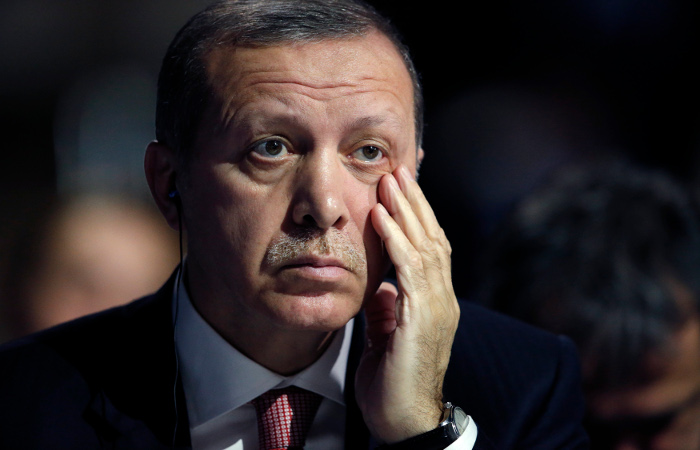Germany, where the issue is more sensitive than in other nations due to the high number of Turks living there, passed a first reading in April 2015 but the second and third readings needed to make it official have been pushed back ever since. According to German magazine Der Spiegel, the government wanted to avoid "needlessly provoking" Ankara when their aid is so desperately needed to tackle the refugee crisis.
The United Kingdom and the United States do not officially recognise the massacre as a genocide.
Erdogan lashed out at those who he said were trying to "deceive" Germany over the 1915 massacres, and said, according to Reuters, that "If Germany is to be deceived by this, then bilateral diplomatic, economic, trade, political, and military ties — we are both NATO countries — will be damaged."

More than 500 Turkish organisations have also put together a text they are urging Turks living in Germany to send to politicians. They write that over 90% of the Turkish population does not accept that the massacres amount to genocide and that passing the readings would be "poison for the peaceful coexistence between Germans and Turks in this country, but also in Turkey,"according to Der Spiegel.
Armenian President Serzh Sargsyan urged German lawmakers to not bow to Turkish pressure in an interview with German newspaper Bild. "I am sure: the politicians in the Bundestag see it the same way and will not allow themselves to be intimidated," he said, "If one makes compromises for short-term political interests, then one ends up doing so again and again. And that is bad for Germany, that is bad for Europe and the world."
The Greens, who have pushed for the resolution, have done so at a very bad time for German Chancellor Angela Merkel, who is struggling to keep the EU-Turkey deal afloat. The task was made significantly harder since the dismissal last week of her staunchest ally in Turkey, Prime Minister Davotuglo.
Cem Oezdemir, a leader of the Green Party who has Turkish roots, told Reuters: "It wasn't our goal to hold this vote now, but the timing is not that important. The Bundestag is doing this because this is also a part of German history. The Ottoman and German empires were essentially brothers in arms."

The resolution also aims to address the role of Germany during the killings but starts by condemned the massacre as genocide: "The fate of the Armenians is exemplary in the history of mass exterminations, ethnic cleansing, deportations and yes, genocide, which marked the 20th century in such a terrible way."
Merkel, who last month was heavily criticized after she authorized the prosecution of a German comedian who had insulted Erdogan, is expected to vote for the resolution, gambling on the deal that is keeping a potential 3 million refugees living in Turkey out of Europe.






